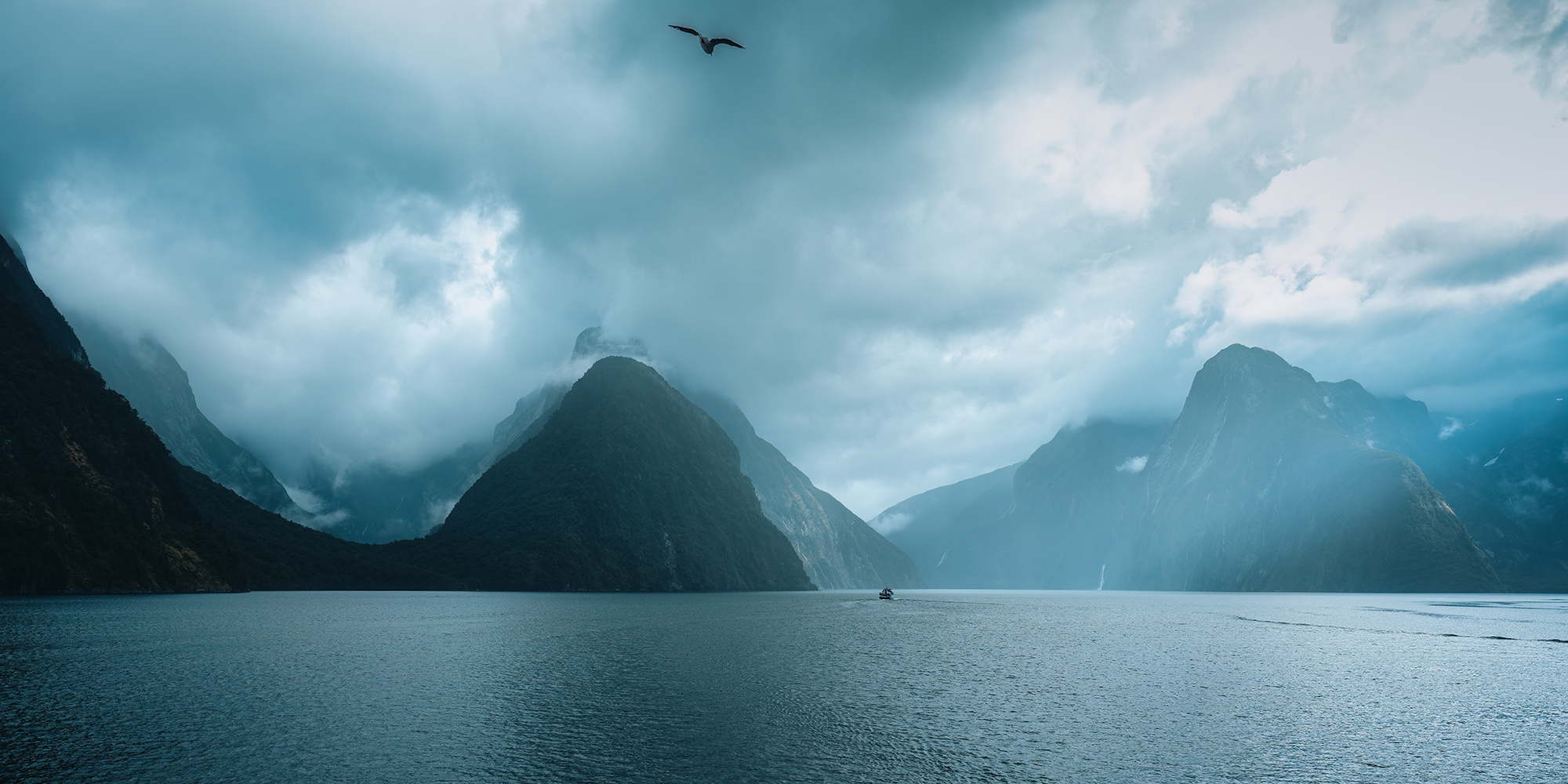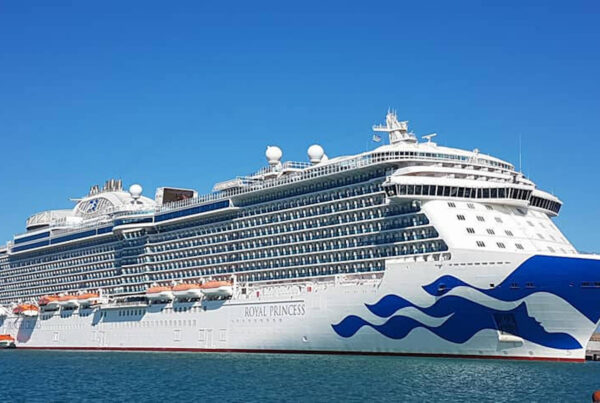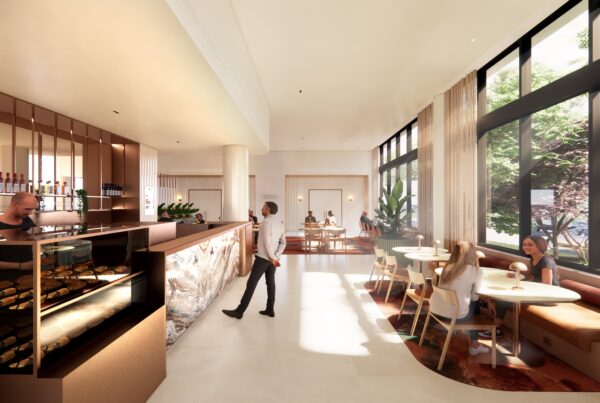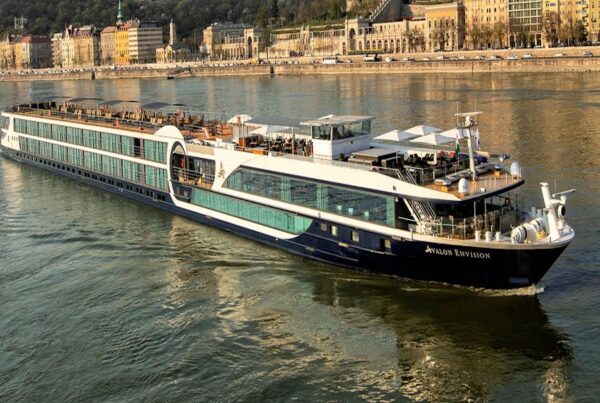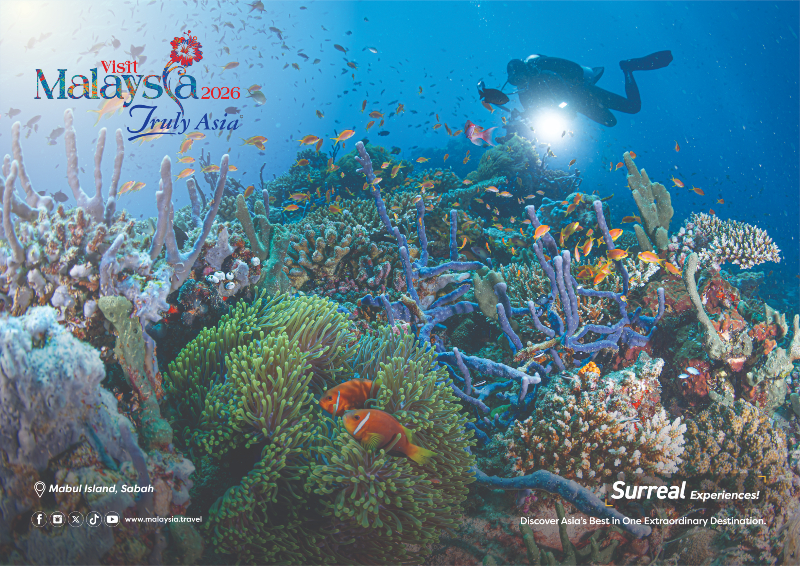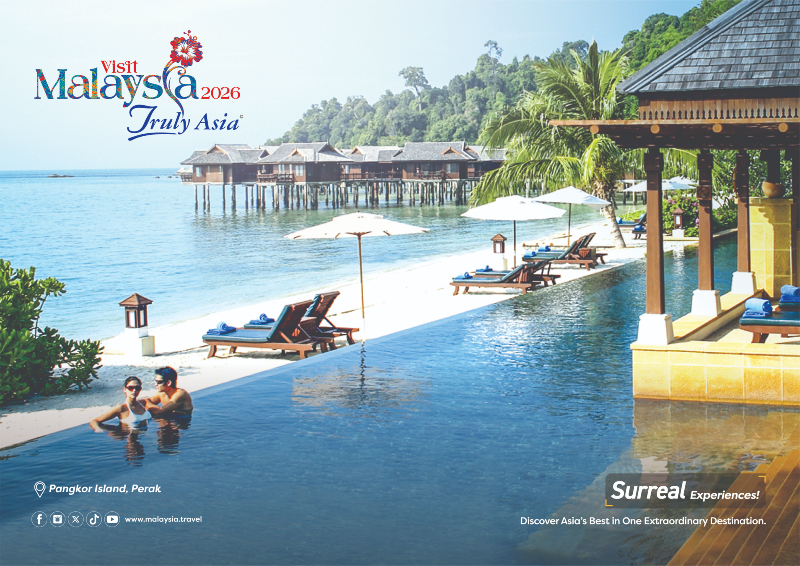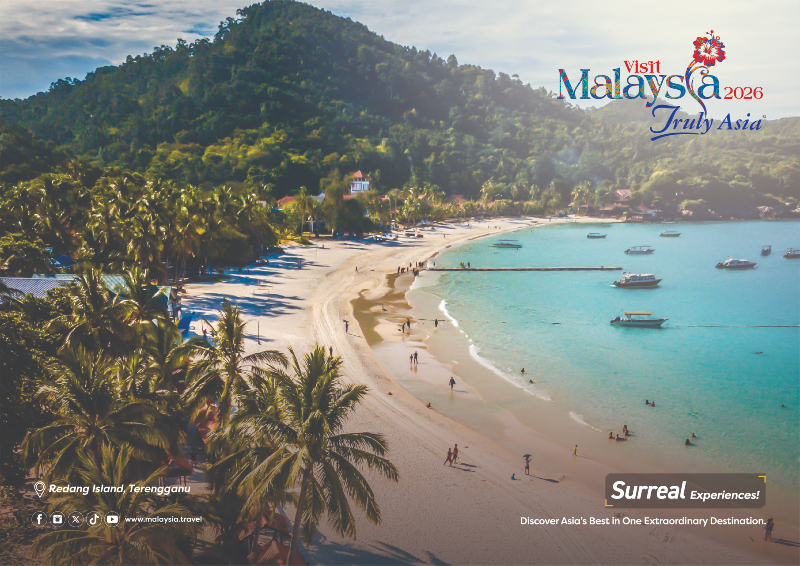The New Zealand Cruise Association (NZCA) has launched the country’s first-ever national strategy – a comprehensive blueprint designed to steer the popular cruise industry towards a sustainable and prosperous future.
Named ‘Cruise Aotearoa New Zealand 2040’, the strategy aims to bring a unified approach to the growth and management of a sector which encompasses many players. The sector has grown organically, necessitating a cohesive plan to guide its future.
Over the past 12 months, the NZCA has engaged with industry, regions, ports, cruise lines, government agencies and other key stakeholders to develop the strategy.
Tansy Tompkins, the Chair of NZCA, says Cruise Aotearoa New Zealand 2040 comes at a critical time, with the industry facing ever-changing geopolitical and economic factors.
“The industry has shown remarkable resilience in the post-Covid tourism recovery and is now one of the fastest-growing travel sectors globally,” says Tompkins.
Links to Cruise Aotearoa New Zealand 2040 and Horizon One priorities (PDF)
“But, despite a robust 2023/24 season, New Zealand is anticipating a 15-20 per cent reduction for 2024/25 and beyond because of increased costs to operate, global competition and geopolitical risks. This underscores the need for a long-term vision that aligns stakeholders, addresses emerging challenges, and ensures sustainable growth.”
Jacqui Lloyd, CEO of NZCA, is confident the strategy will see a collaborative cruise sector with stakeholders aligned behind a shared direction, each taking initiatives to contribute holistic value across the economy, environment, community and visitor experience, including benefits for Māori and iwi.
“Regularly reviewing and adjusting this strategy will be crucial to navigating unexpected changes and ensuring continuous improvement,” she says.
By focusing on three key principles – driving value, partnering to empower and continuous improvement – and working through three strategic horizons, Cruise Aotearoa New Zealand 2040 aims to drive collaboration among government, industry, communities and ports to achieve balanced outcomes across the cruise ecosystem.
The immediate priorities for Horizon 1 include unlocking valuable data to inform decision-making; activating strategic communications to build support and awareness; building strong partnerships across the sector; engaging government stakeholders to ensure alignment with national priorities; and integrating national and regional operations to create a cohesive and efficient cruise industry.
Environmental sustainability is a key focus, says Lloyd, as new technologies and evolving visitor expectations help drive the industry’s transformation. This focus targets not only the cruise lines’ commitment to net carbon zero by 2050 but also the tourism supply chain in New Zealand by 2040.
The NZCA has also submitted to the Climate Change Commission to include cruise emissions in New Zealand’s 2050 targets.
“This reflects our commitment to aligning the cruise industry with New Zealand’s climate goals,” says Lloyd. “While cruise ships make up less than 1 per cent of the global maritime fleet, integrating cruise emissions into national targets will help drive innovation and the adoption of greener infrastructure technologies that New Zealand currently lacks.”
The NZCA Aspirational 2040 Goals
- Economic Goal: $1 billion cruise expenditure contribution by 2040.
- Environmental Goal: Net carbon zero tourism supply chain by 2040 and by 2050 for cruise lines.
- Visitor Goal: 90 per cent of international cruise visitors are satisfied with their experience in New Zealand, and New Zealand regions have a 90 per cent average NPS.
- Community Goal: Cruise tourism supports and benefits iwi, and 90 per cent of New Zealanders think cruise tourism is good for New Zealand.
More on Horizon 1 priorities:
- Unlocking valuable data to inform decision-making: This is imperative for evidence-based decision making, providing substance for business cases for infrastructure, and informing communications to facilitate a change in the narrative.
- Activating strategic communications to build support and awareness: Collectively, we need to own the narrative and tell a consistent, positive story to help shift understanding and cruise misconceptions.
- Engaging government stakeholders to ensure alignment with national priorities: Building strong relationships and trust with key government agencies and regional and local governments will facilitate understanding, opportunities and prioritisation throughout the government system.
- Building strong partnerships across the sector: We need to activate more resources by establishing, improving or fully realising partnerships that leverage the capabilities of others. In doing so, we can create more robustness in the New Zealand cruise system.
- Integrating national and regional operations to create a cohesive and efficient cruise industry: Ideally, we will establish best practices for national consistency in port regions that will lift efficiency, reduce community impact, and most importantly, raise the quality of the visitor experience nationwide.
